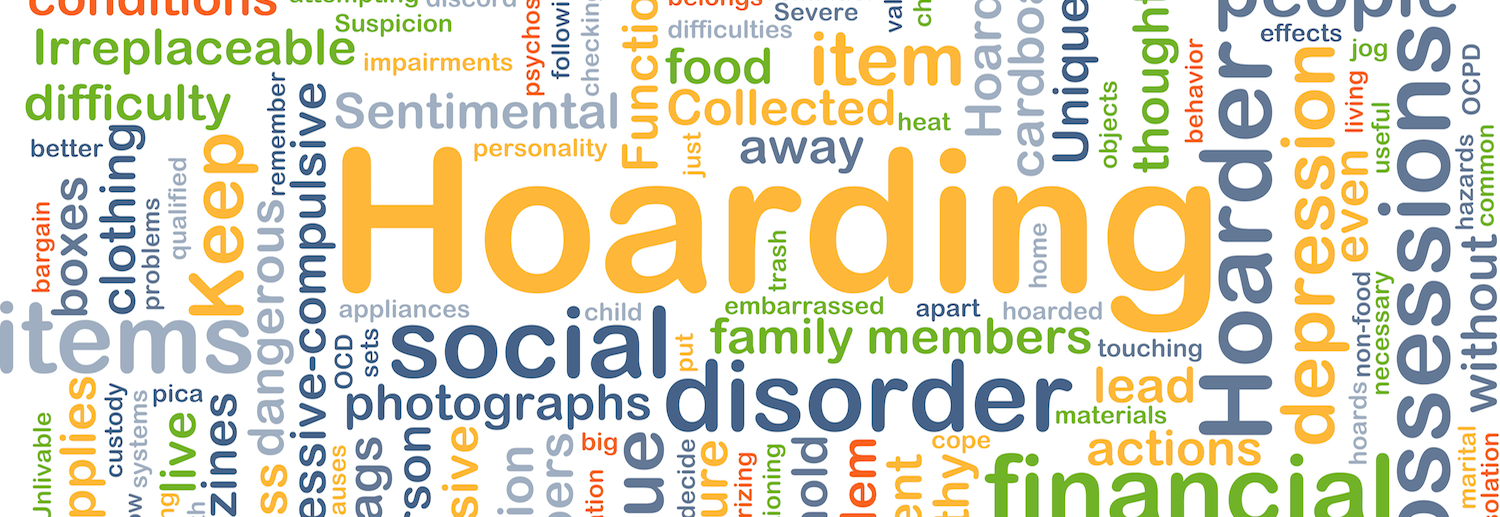Taking a keen look around your compound, home, room or apartment, you will realise that there are a number of items that you do not need anymore. They can be in the form of previously used files, clothes, shoes, children toys, cars, furniture, cutlery, bedding, and even email messages.
You may wonder if it is you who have collected such items and why you have not been keen enough to see them. Maybe, it is the busy work schedule that always bars you from partaking of a thorough cleaning. Perhaps you are the type of person that naturally hold onto any item and feel bad when left with only one option, to discard them. Could you be a hoarder and not even know it?
Hoarding is caused by anxiety
According to research, you can fall in a bracket of people that develop mild anxiety before throwing any item. On the other hand, there exists a bracket of people that develop severe anxiety before throwing anything.
People in the first bracket are normal. They lead natural and flawless lives only that they are either too pessimistic about future life or indecisive. Nonetheless, they are not in a position to handle the pain that culminate from impetuous decluttering processes. You can give away your gadget thinking that it is no longer of any use only to realise later that it had crucial information that you cannot do without.
In as much as it may seem simple, this indecisive character is linked to various cases of hoarding. And, it is a culture that you cannot just wake up and wipe out of you. In truth, it demands a lot in terms of dedication and time.
If you fall in the second bracket then your next knock should be at the psychiatric’s door. People in the second bracket suffer from a disorder, commonly known as Obsessive Compulsive Disorder.
Several factors are linked to the development of OCD. It can be as a result of an extremely sad incidence when dark clouds hanged low, in most cases due to loss of a loved one. It can also be as results of detachment from friends and relatives due to factors such as betrayal. You may also have inherited such behaviour from your parents.
In a family setting, you can easily identify persons suffering from hoarding disorder when they portray intrusive and repetitive thoughts, anxiety and distress, and compulsion to perform some rituals. These symptoms, however, fluctuate with seasons and time. In a number of cases, you will realise that victims of OCD are completely insightful of these symptoms.
Hoarding as an indication of wealth
More money more problem, right? That is definitely true. We care less about the amount of material possession we keep to ourselves so long as there is money. Many tend to believe that the larger the number of cars they park in their homes, the wealthier they are. This cut across to other products. They wait for discount spree days such as black Fridays to stock the remaining residential space. But do you know that excessive material possessions can ruin your relationship?
Did you know that the more you hoard the less happy you become?
In a cluttered environment, some of the items hoarded act as a barrier. Hoarding can have a negative impact on your life. They act as a wall that separates the hoarders from potential family members and friends. Due to this, hoarders tend to stay lonely. A close study shows that hoarders feel more secured in their cluttered life. They find solace in their own world. However, these people are not always happy in reality. Hoarders can easily succumb to anomie-related deaths since they share little of their life experiences with others.
You can either be collector, rattrap or a hoarder. The first two are gateways to the last. However, before you know it, hoarding can be your life habit. But before you fall into the bracket of Obsessive Compulsive Disorder victims, carefully re-assess and evaluate yourself.
It is something that you can easily do. Yeah, acquiring a private store just like any other person and, dumping in there things that you no longer need. Better still, you can give some of these products away.
At Paul’s Rubbish Removal we specialise in the removal of hoarded rubbish and waste. We handle the junk swiftly and efficiently as possible so that the rubbish is no longer interfering. Moving away from a hoarding habit is difficult but highly rewarding. Get us to help you make the move today! We can begin removing the items at your demand. Whether you want the rubbish removed slowly or quickly is up to you. Simply tell us on 0407 125 125 and we’ll get the job done.







